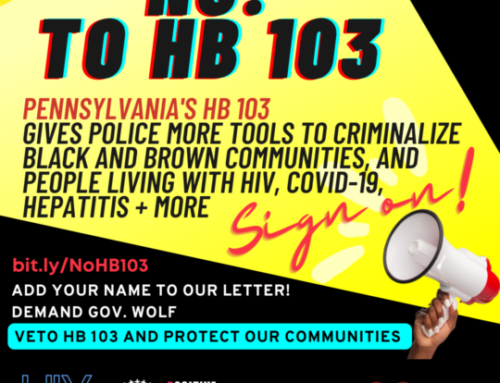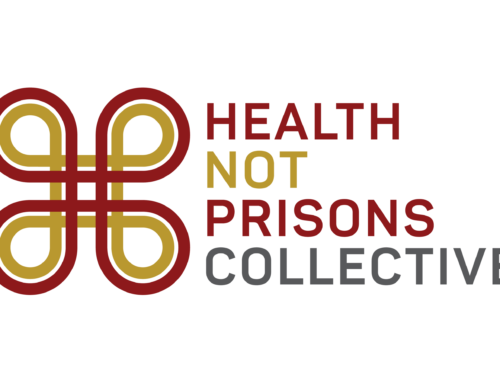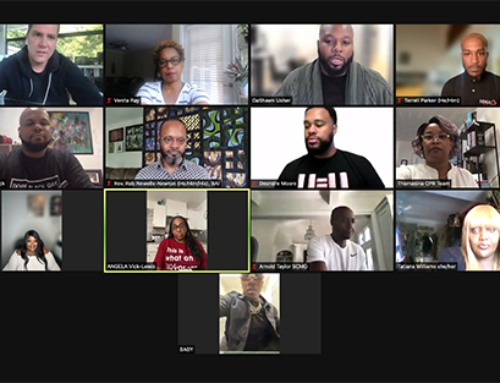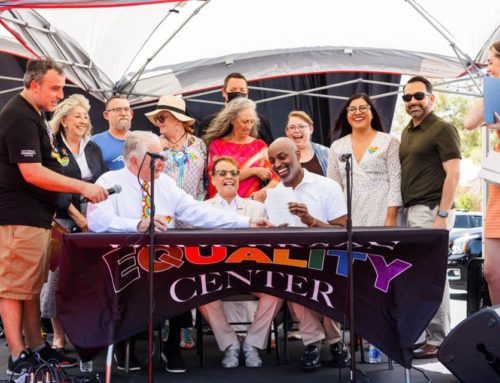By Sonia Rastogi – The U.S. will host the 20th International AIDS Conference (IAC) in Washington, DC in July 2012. The conference stayed out of the U.S for years, largely because of a community boycott due to the U.S. travel ban on HIV-positive individuals, lifted by President Obama in 2009. Prior to the ban’s lifting, HIV-positive people were prohibited from entering the U.S. Activists globally lauded the lifting of the HIV travel ban as long overdue and necessary to promote dignity for and reduce discrimination against people living with HIV.
IAC is “the flagship conference for HIV,” says Allan Clear, Executive Director of Harm Reduction Coalition. IAC’s presence in the U.S. is significant because of the U.S. role in global funding and policy for HIV. However, despite the progress on lifting the HIV travel ban, the U.S. continues to bar entry of two marginalized and stigmatized communities disproportionately impacted by HIV: sex workers and drug users.
U.S. laws require disclosure of previous history related to sex work, drug use and other activities. Eligible travelers can apply for a visa waiver, but this process has a $545 fee, requires a lot of documentation, takes months, and may put people at risk for prosecution in their home countries. The Vienna Declaration, released at the 2010 IAC in Vienna and signed by thousands of organizations and individuals, demands an end to criminalizing illicit drug use because of its ineffectiveness to prevent HIV, but “if we were serious about decriminalizing, we would not be having this conference in the U.S. — a country that incarcerates more drug users than any other country and in D.C. an epidemic fueled by the War on Drugs,” says Clear.
“Sex workers and their clients are a high risk population that are rarely addressed. Policies like the Anti-Prostitution Loyalty Oath means it’s imperative sex workers are at the conference to advocate their issues,” says Kelli Dorsey, Executive Director of Different Avenues, a Washington, DC-based organization that advocates for reproductive justice for women of color.
Sex work is “one of the few fields where women get paid more than men,” explains Kelli. In some countries, sex work is treated as a legal and legitimate occupation that provides financial opportunities for women.
Current plans underway include a parallel conference for sex workers and demonstrations at IAC 2012. Multiple U.S. advocates have appealed to the conference organizers to create a process that will allow for non-disclosure of sex work and drug use history for all conference participants.
IAC 2012 is an opportunity to build bridges and connections between sex worker and drug user networks in the U.S. and globally to achieve more effective and rights-based policies. We urge the International AIDS Society and the U.S. government to work in partnership to ensure the strongest possible representation of these two marginalized communities at IAC 2012 and through parallel, resourced venues.
“It is the hope of the community that we can come away from this [process] as partners…in future decision-making, but also with the notion that there is respect to pay to communities that are not interested in being marginalized,” says Clear.







